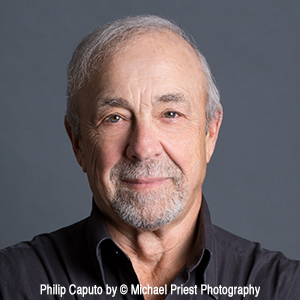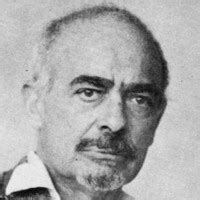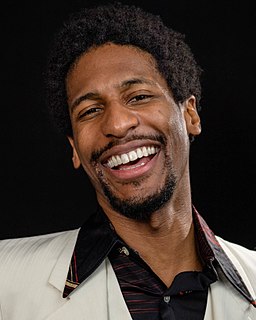A Quote by Philip Caputo
The unraveling that I experienced much earlier in the Vietnam war than many people think, was due to the immediate foxhole experiences. But once I got back home and began to follow the war on TV and in the press I began to see this enormous con game - I can't think of any other word for it - that government and the military was foisting on the American people, especially on the young men of my generation, and even worse, the young men of my generation who weren't particularly economically or intellectually privileged.
Quote Topics
American
American People
Any
Back
Back Home
Began
Con
Due
Earlier
Economically
Enormous
Even
Even Worse
Experienced
Experiences
Follow
Game
Generation
Got
Government
Home
Immediate
Intellectually
Many
Men
Military
Much
My Generation
Once
Other
Particularly
People
Press
Privileged
See
Than
Think
TV
Unraveling
Vietnam
Vietnam War
War
Word
Worse
Young
Young Men
Related Quotes
In the Sixties, there was a big resistance to the Vietnam War. People began reinterpreting all American history as a series of misadventures and crimes and oppressions visited upon the innocent, the poor, the defenseless, the minorities, and so on. This created a new narrative in America. Let's call it, "America the inexcusable." And this narrative has been drummed into the minds of our young people. A whole generation of Americans has been taught that theirs is a bad country. And it's then very difficult for them to figure out how one can one be a good citizen in a bad country.
The object is not so much to get you to keep a journal while you are young, as it is to get you to continue it after you become men and women, even through your whole lives. This is especially needed in the generation in which you live, for you live in as important a generation as the children of men ever saw, and it is far more important that you should begin early to keep a journal and follow the practice while you live, than that other generations should do so.
Once the war began, the government could do anything 'necessary' to win it; so it was with the 'final solution of the Jewish problem,' which the Nazis always talked about but never dared undertake, not even the Nazis, until war and its 'necessities' gave them the knowledge that they could get away with it. The people abroad who thought that war against Hitler would help the Jews were wrong. And the people in Germany who, once the war had begun, still thought of complaining, protesting, resisting, were betting on Germany's losing the war. It was a long bet. Not many made it.
The casualties in the Civil War amount to more than all other wars - all other American wars combined. More people died in that war than World War II, World War I, Vietnam, etc. And that was a war for white supremacy. It was a war to erect a state in which the basis of it was the enslavement of black people.
You [young people] all are just much more internationally-minded and traveled and knowledgeable in languages than any other previous generation. So many of you are already doing a lot of international relations, I think. I so believe in student networks, and people that either study abroad or come to the United States to study, and the relationships that you all develop. You learn a lot from each other, but you all will see each other again in jobs along the way. And I think that makes a big difference. I so believe in what students can do.
Even soldiers from the Vietnam War had said that when they were fighting in that war, the landmine was just one of any number of weapons to use in the fighting. It wasn't until they began to think about the aftermath and the legacy of landmines that they recognized the long-term, indiscriminate impact of the weapon.
Over the years, I developed an extreme hostility towards the non-profit art organization gulag. I formed the opinion that it's actually a very sophisticated form of government suppression of creativity, particularly in young people. When I see the younger generation dragged into this and being told to write these statements and take these photos, define your work this way or that way, I think it's wrong. I think instead of paying any attention to politics, a great project for young artists is to attack and destroy the non-profits of our world.
I don't think my generation carries the weight of World War II anymore. But I've got to tell you, even if we don't really talk about it, we get reminded constantly by other people or other countries. I get offered a World War II movie at least once a week just because I speak German and was born there. I have always stayed away from it because I didn't want to be put into that box.
It's not about what you achieve, it's actually what you do for your industry and that's what I think is important. And when people look at me and they see my achievements with the restaurants do you know what I think? I think I did more than that. What I achieved was teaching young men and young women when they were young and inspiring them.
I always want to be doing both to travel as a teacher and lecturer, and to be a musician. I think in this generation institutionalizing the art form and spreading it to the younger generation through education is really important for all artists to have some hand in. Right now in popular culture and the mainstream, it's not a big part at all. I think education by young artists talking to young people, not just older people talking to young people, it gives an experience never felt before. I think over the years it will do a lot for the music.



































